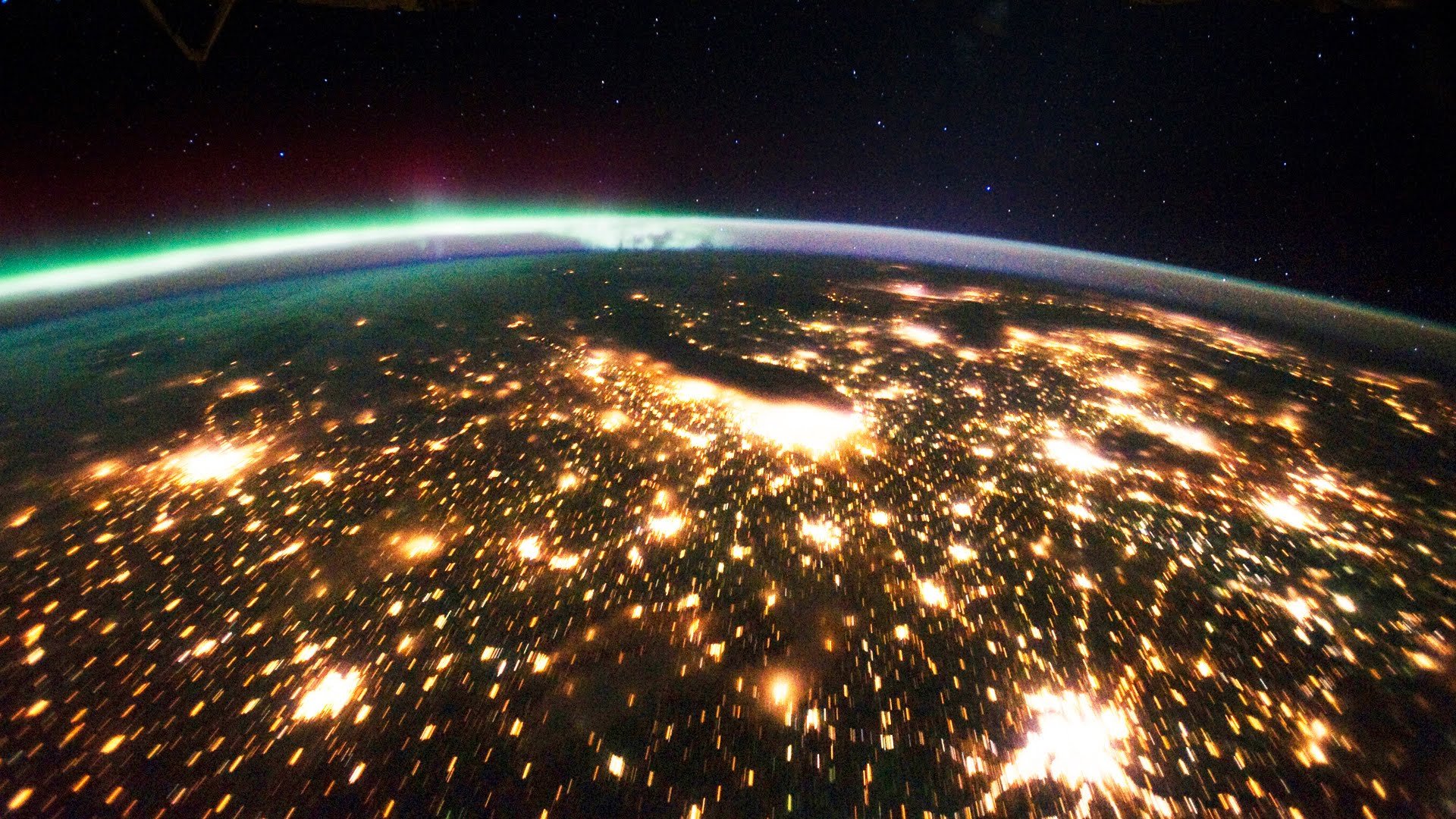
Athlete and activist Christopher Bergland recently wrote an article entitled, “5 Ways Outdoor Learning Optimizes Children’s Well-Being.” In the article he says:
In my opinion, the most poignant research on the benefits of spending time outdoors are reports that being immersed in nature increases loving-kindness and theory of mind. For people of all ages, the sense of wonder and awe that is inspired by nature creates a belief that there is something out there ‘bigger’ and more important than you in the universe. This tends to nurture the tendency to think globally and with less navel-gazing. Researchers have also found that kids who spend more time outdoors tend to have a stronger sense of self-fulfillment and spirituality than those who spend most of their time inside.
Should kids spent time outdoors? Absolutely. Do kids today, in the era of computers, Internet and 24/7 television not spend enough time outside? Probably not.
But do children need time outside so they can feel the experience of something”bigger” or “more important” than themselves? No way!
One of the ironies of our era is that we teach children — almost obsessively — about the importance of self-esteem (subjectively defined); yet we then tell them to denigrate or minimize their own minds and individuality, every chance we get, by saying things like “find something greater than yourself.”
But if self-esteem does not consist of reverence and respect for the human mind, and human reasoning, along with human accomplishment, then what in the world is self-esteem, then?
Bergland — who’s a political activist (surprise, surprise) as well as an athlete and writer on the psychology of children — comes at the issue from a vantage point of environmentalism. But environmentalism is nothing more than an urban religion. Just as conventional religion teaches subservience to the idea of God or Allah, environmentalism teaches subservience of human capacity to the superior realm of Nature.
Supernaturalists say human beings are nothing when compared to the greatness of God; environmentalists, like Bergland, say that human beings are nothing when compared to the greatness of Nature. It’s not just Nature; it’s also government, by extension, since government will protect and ultimately return us to Nature, by impeding or destroying human material advancement.
No matter how much it’s good for kids to get themselves outdoors once in awhile, it has nothing to do with the urban or suburban religion of environmentalism. Not the politics, either, which is always snuck in there — in good old 1950s Catholic-nun style — to indoctrinate future attitudes and voting patterns in future adults. (It’s working, too.)
If anything, a young child ought to be taught to gaze upon nature, appreciate its beauty, and then marvel at its stark incompatibility with most of civilized, advanced, technological life as we know it. Look at the majesty and beauty of nature. But then compare and contrast the majesty and beauty of nature with the determination, capability and competence which led human beings to build incredible cities and civilizations beside nature. What an accomplishment!
It seems to me there’s a lot more of majesty and cause for reverence in the human spirit (science, curing illnesses, discovering microchips and electricity), which has to be created and maintained, than in facts of nature which — however beautiful — are simply starting points, facts of existence. Our lives are so livable, with our technology, our toys, our running and clean water, our electricity, our fossil fuels carrying goods, medical supplies and much else across entire continents or across the globe … look what human beings have done despite the inherent unfriendliness of nature! I don’t care how much of an environmentalist you claim to be, or want your friends and peers to think you are. You’re not prepared to give up any of these life comforts, not for a minute, because you love what human beings have created. If you didn’t, you wouldn’t be using them so much. You’d go live in a hut or a cave, and you’d teach your children to do the same.
Early Americans, who spent daily life battling a ferocious wilderness, in most cases, did not revere Nature as so many environmentalists do today. The reason is that they knew Nature, although it had to be obeyed, also had to be commanded (to borrow Francis Bacon’s phrase). It’s easy to treat Nature as some kind of supernatural-equivalent superbeing worthy of reverence and awe from the comfort of your air conditioned home with your high-speed Internet connectivity. But those faced with battling nature on a daily basis were actually trying to get towards the civilization so many of us now condescendingly take for granted.
Teach children that there are greater things than themselves? There is nothing greater than the utilization and actualization of human potential at its best. Look at nature, and then look at a beautiful, modern, hi-tech magnificent city built in spite of nature.
If you want to teach your children about greatness, then invite them to think about human accomplishment. Waterfalls, bald eagles and mountains, while lovely, are not accomplishments; the products of human ingenuity, at its best, most definitely are.
Follow Dr. Hurd on Facebook. Search under “Michael Hurd” (Rehoboth Beach DE). Get up-to-the-minute postings, recommended articles and links, and engage in back-and-forth discussion with Dr. Hurd on topics of interest. Also follow Dr. Hurd on Twitter at @MichaelJHurd1
Check out Dr. Hurd’s latest Newsmax Insider column here!
